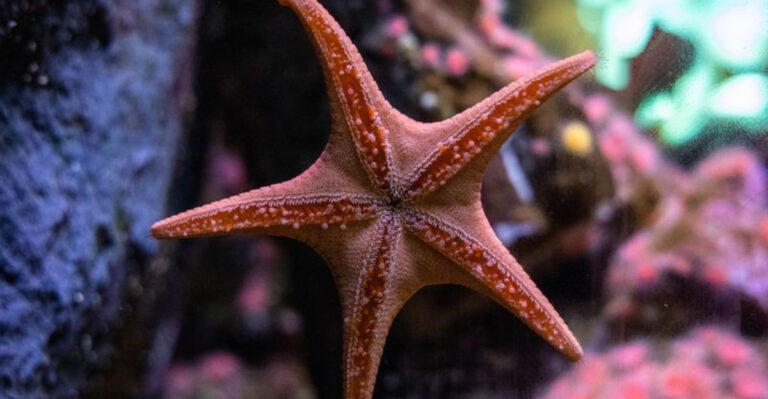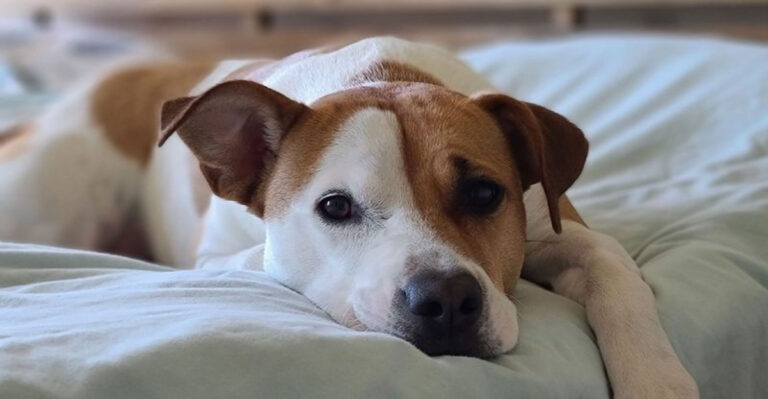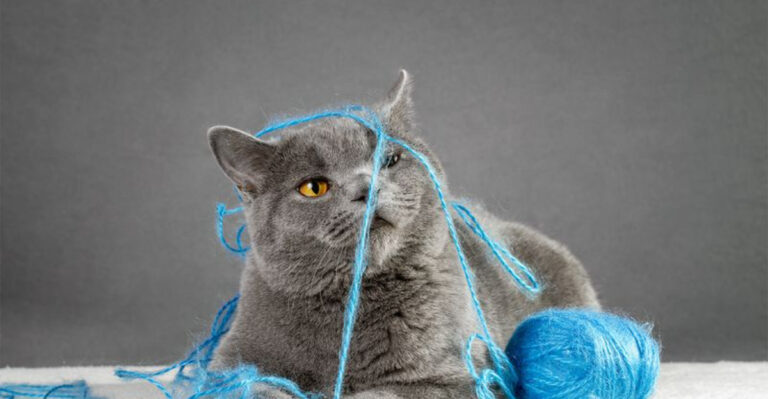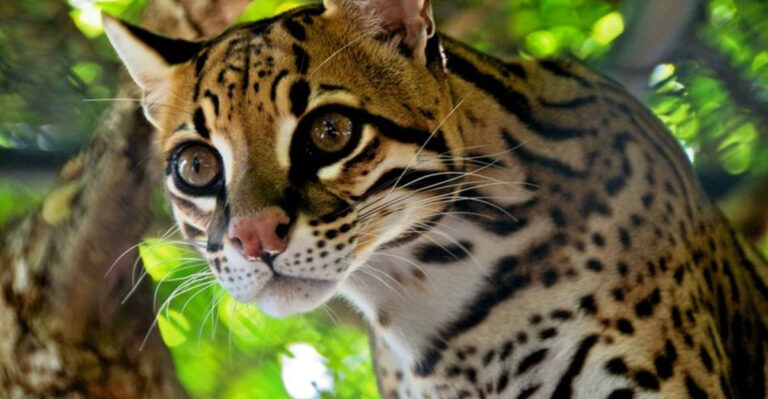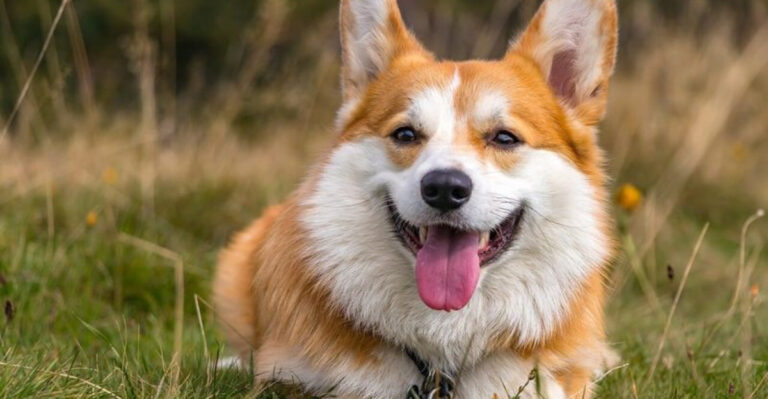13 Everyday Foods That Are Harmful To Birds
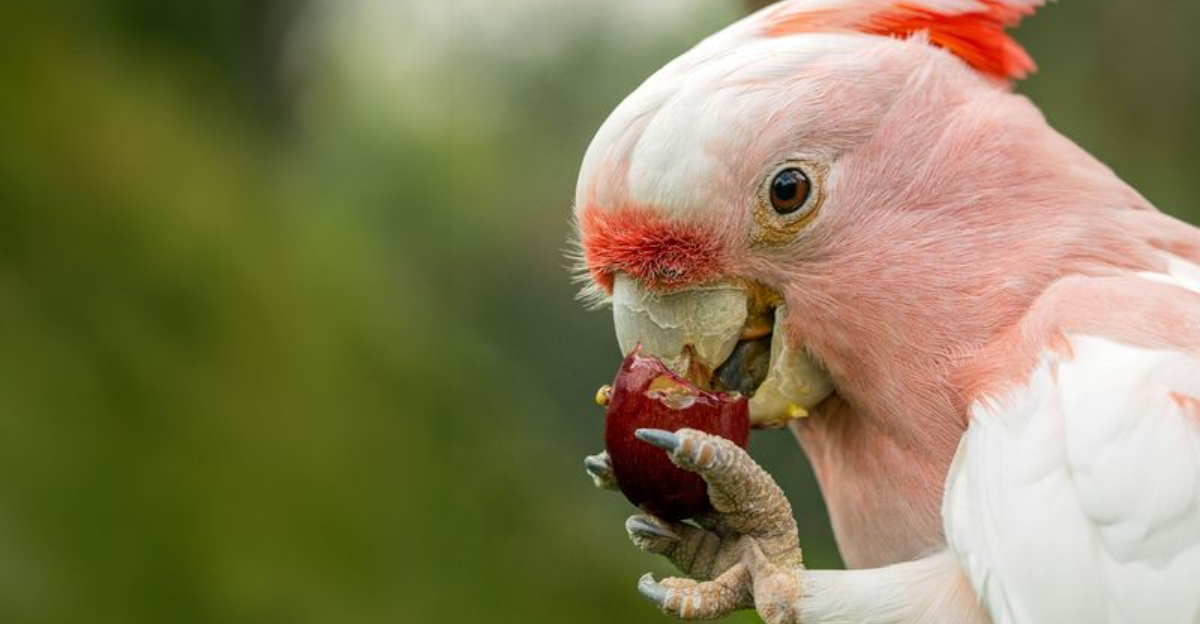
Did you know that some of the foods we snack on could be more dangerous to our feathered friends than a cat on the prowl?
Birds, with their delicate systems, can be harmed by many everyday human foods. As cute as they are when they hop around your garden, feeding them the wrong treats can spell trouble.
Let’s take a playful journey through 13 foods you should keep safely out of reach from your avian pals.
1. Avocado
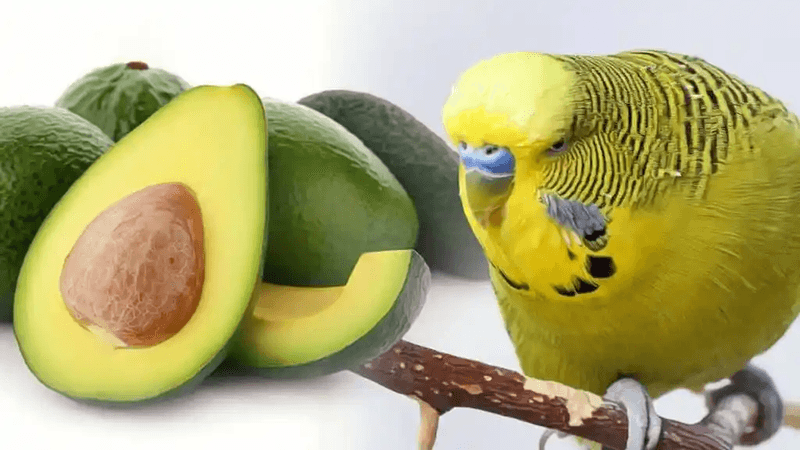
Avocados might be the hero of your guacamole, but they’re a villain for birds. These creamy fruits contain persin, a substance toxic to our feathered friends. A nibble from your plate could spell digestive distress or worse for your pet bird.
Even the leaves and bark of avocado plants are hazardous. So, keep this Mexican delight away from your parrot or sparrow to avoid any winged worries.
Next time you make toast, remember to keep that green goodness all to yourself and offer your bird a safer snack instead.
2. Chocolate

Chocolate might be a sweet delight for you, but it’s a bitter danger for birds. This indulgent treat contains theobromine, a toxic compound that can lead to abnormal heart rhythms and even seizures in birds.
Just a small amount can cause havoc, so keep those chocolate chips far from your feathered companions.
Whether it’s dark, milk, or white, remember chocolate is for humans, not birds. Share love, not your candy, with your avian buddies.
3. Caffeine
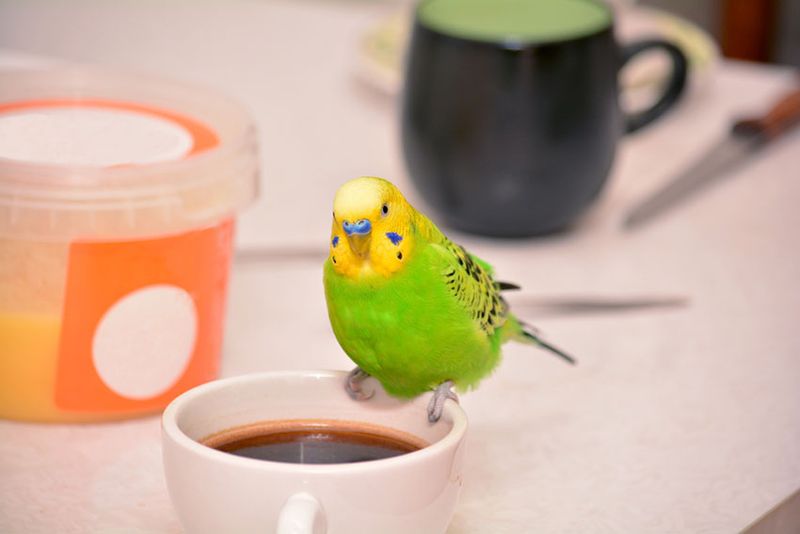
Your morning cup of joe is a no-go for birds. Caffeine, the beloved human pick-me-up, is a serious hazard for them. It can cause hyperactivity, increased heart rate, and even cardiac arrest.
Birds are small and sensitive, so even the tiniest sip could have big consequences.
Enjoy your coffee with the sunrise, but keep that steaming mug far from your feathered friends. It’s best they stick to water or bird-safe beverages!
4. Onions
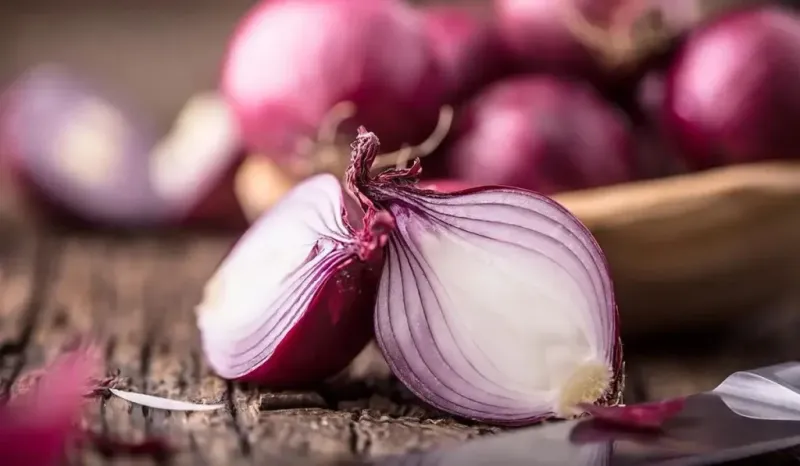
Onions add flavor and flair to our dishes, but they’re a foul choice for birds. These pungent bulbs can irritate a bird’s digestive system and cause serious health issues like anemia.
Even a small piece can cause gastrointestinal upset or more severe conditions.
So, when chopping onions, make sure the only tears are from you—not your bird. Offer them some safe greens instead!
5. Apple Seeds
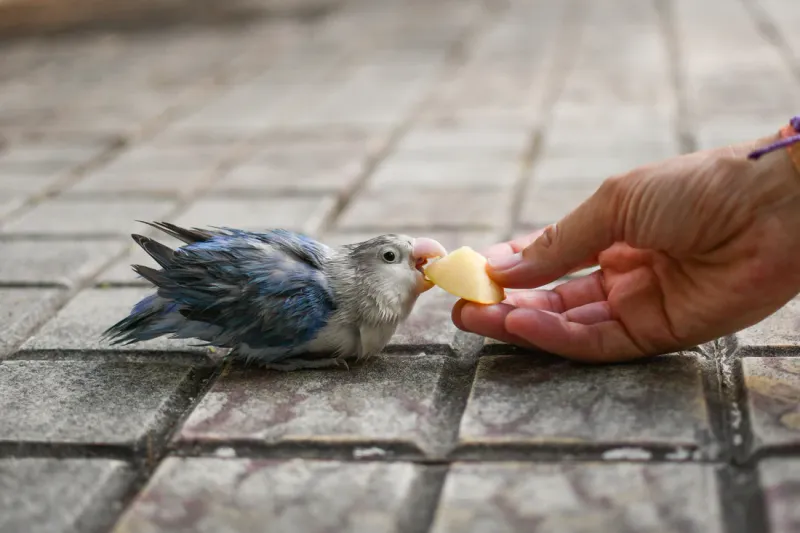
An apple a day keeps the doctor away, but apple seeds could send your bird to the vet. These tiny seeds contain cyanide, a poison that’s harmful to birds in even small doses.
While the flesh is fine, always remove the seeds before sharing apple slices with your feathered friends. Keep those seeds in the trash where they belong, and let your bird enjoy the crunch of the safe parts.
6. Garlic
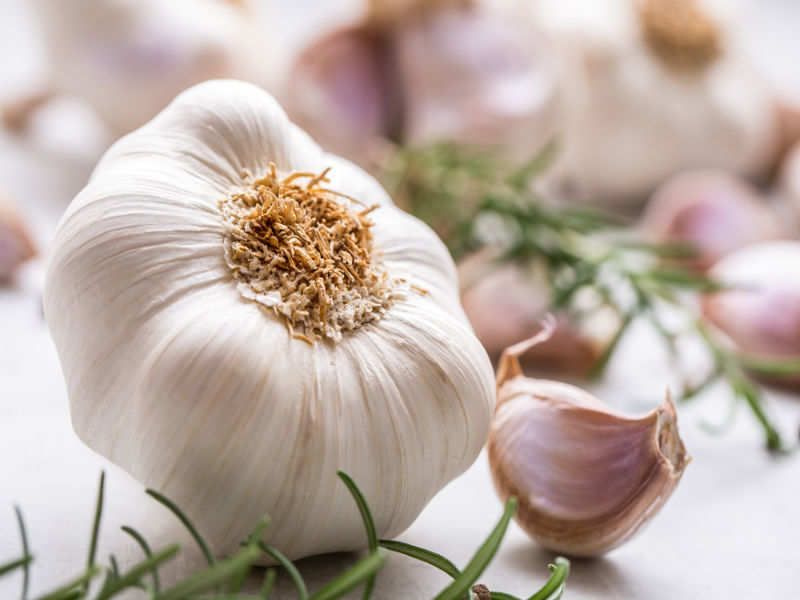
Garlic might keep vampires at bay, but it’s also better kept away from birds. This flavorful ingredient can cause digestive problems and even lead to weakness in birds.
It’s the sulfoxides and disulfides in garlic that pose the risk, potentially damaging red blood cells.
So while it adds zest to your pasta, say no to sharing it with your feathered friends. Stick to bird-friendly snacks instead.
7. Salt
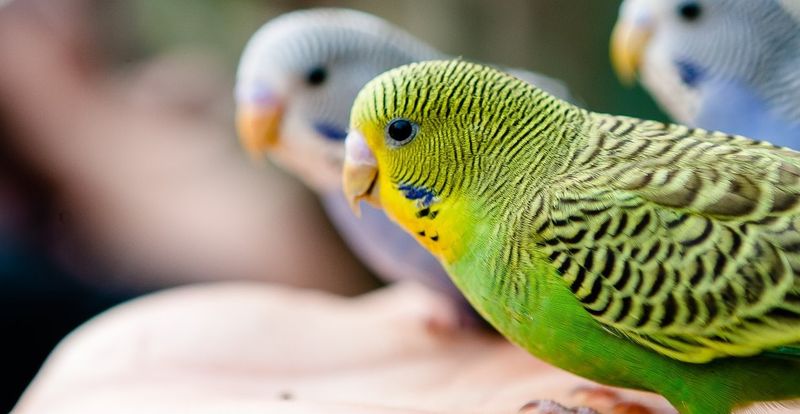
Salt might be a staple in your diet, but it’s no friend to birds. This common seasoning can lead to a dangerous imbalance in electrolytes and cause kidney problems for our avian companions.
Even a sprinkle can be too much, leading to dehydration or worse.
So while a pinch of salt brings out flavors in your food, keep it completely off the menu for your bird. Fresh fruits or seeds are a much safer choice.
8. Alcohol

Alcohol might loosen your mood, but it can tighten the noose for birds. Even tiny amounts can lead to poisoning, affecting their liver and brain.
Symptoms can include disorientation and weakness—definitely not the kind of party you want your pet bird to crash.
While you toast to a good evening, ensure your feathered friends have a safe perch far from any alcohol. Water is the best toast for them!
9. Dairy
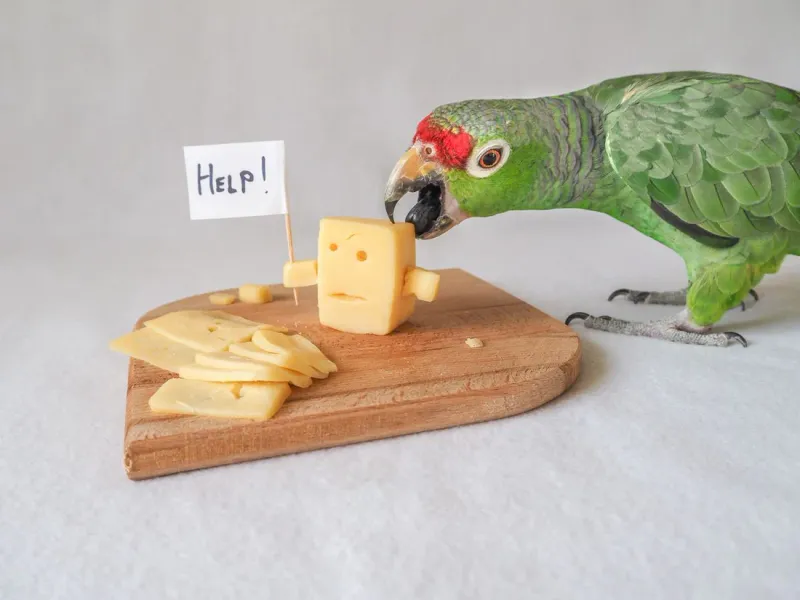
Dairy might seem harmless, but birds can’t digest lactose like humans do. Milk, cheese, and other dairy products can lead to digestive upset, causing diarrhea and discomfort.
Birds lack the enzyme needed to break down lactose, making dairy a troublesome treat.
Instead, offer them foods that are naturally part of their diet, and let the cheese stay on your plate. It’s a delicious human delight, not a bird’s delight!
10. Raw Meat

Raw meat might seem like a protein-packed snack, but it’s a risky bite for birds. It can harbor bacteria like salmonella, which are dangerous to their delicate systems.
Cooking meat doesn’t make it any better for birds, as their diet doesn’t naturally include it.
Keep your birds happy and healthy by sticking to seeds, fruits, and specially formulated foods. Leave the meaty treats for the carnivores!
11. Mushrooms
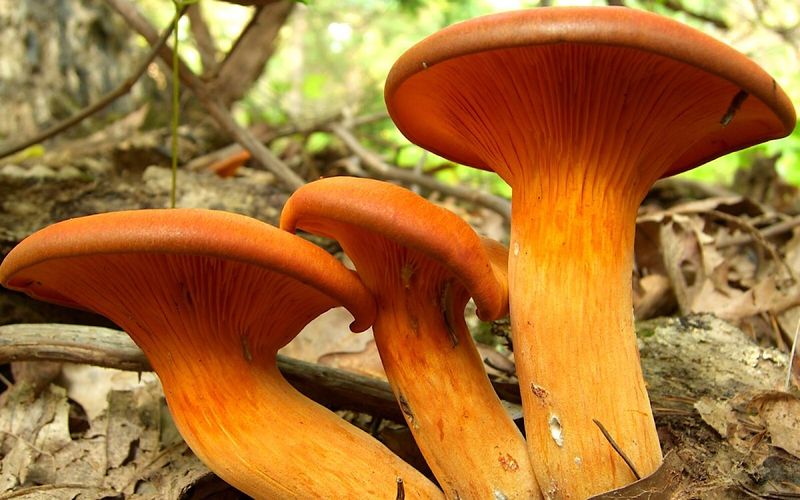
Mushrooms may be an earthy delight on your pizza, but they’re a perilous pick for birds. Certain varieties contain toxins that can cause digestive issues and even liver failure.
Wild mushrooms are particularly risky, as distinguishing safe from dangerous is tricky.
To keep your feathered friends safe, skip the fungi and offer them fresh vegetables instead. Better safe than sorry!
12. Tomato Leaves

Tomatoes are a juicy treat, but their leaves and stems are a hazard for birds. Solanine and tomatine, found in the greenery, are toxic compounds.
These can lead to digestive issues and nervous system problems in birds.
If you grow tomatoes, ensure your bird only gets the ripe fruit, never the foliage. Enjoy your garden harvest, but serve up only the safe slices!
13. Xylitol
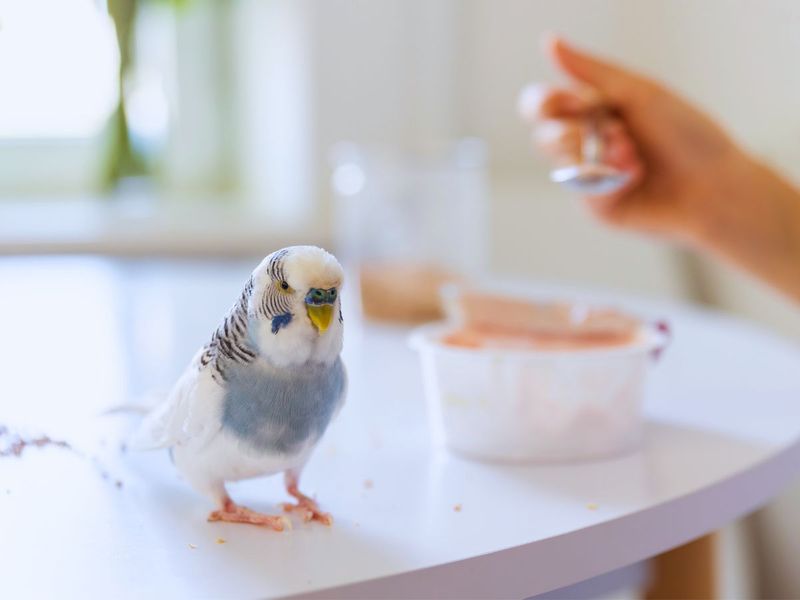
Xylitol might sweeten your sugar-free gum, but it’s a sour choice for birds. This sugar substitute is harmful, potentially causing a rapid insulin release and a dangerous drop in blood sugar.
Even small amounts can lead to hypoglycemia and liver damage.
Sweet treats are tempting, but keep xylitol-laden products out of reach and opt for natural snacks for your avian pals.

